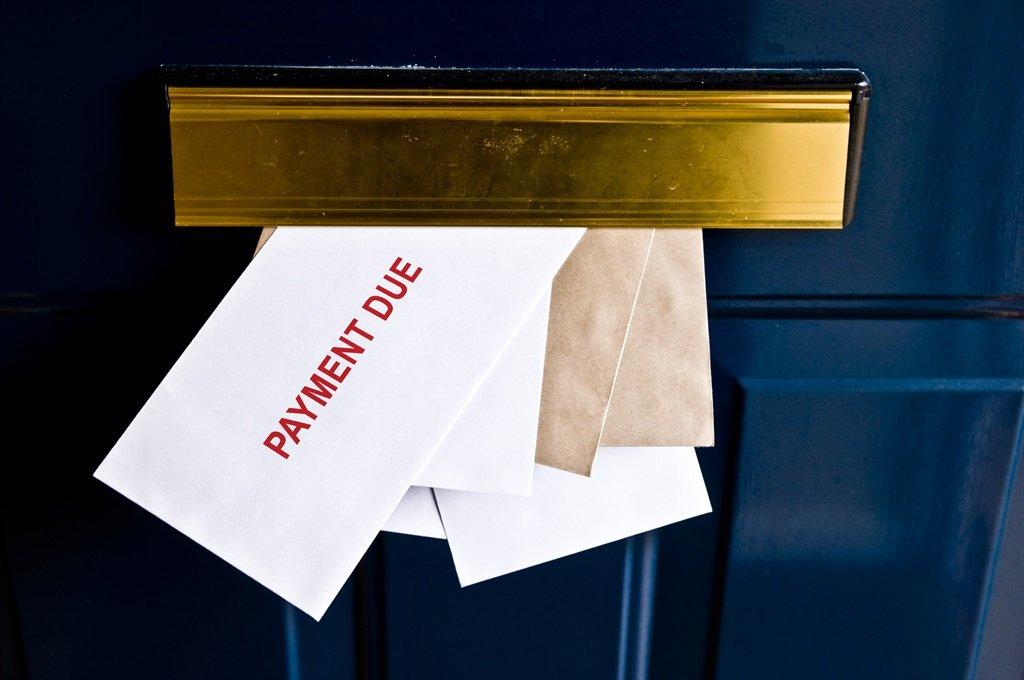Africa-Press – South-Africa. More consumers defaulted on their credit agreements for the first time in the three months to end-June than in the first half of 2022. And that was before the last interest rate increase in September and the other possible increase that the market forecasts in November.
According to the latest Experian Consumer Credit Default Index, credit defaults to the value of R19.28 billion between 1 April and June were from first-time offenders. The cost of living continued to rise sharply in those months as SA’s core inflation breached the South African Reserve Bank’s upper target in May before surging to a 13-year high in June. The inflation rate was much higher in the third quarter, but analysts believe it peaked in July when it reached 7.8%.
In addition, the Reserve Bank delivered another slap to households by increasing interest rates in May, July and September in a bid to arrest runaway inflation.
Experian didn’t directly attribute the surge in first-time defaults to the rising cost of servicing debt due to interest rate hikes. But it noted that the significant increase in the cost of living – from the inflationary increases, the interest rate upcycle and unemployment – has put many households between a rock and a hard place.
Experian noted that the “financially affluent” people felt the most heat. These are individuals and households that likely took advantage of the low-interest-rate environment during the lockdowns to upgrade their homes and buy other assets.
According to Experian, this group makes up only 2.5% of credit-active consumers in SA and primarily resides in Gauteng and Western Cape. Experian says it represents the highest earners and the upper crust of South African society that can afford expensive homes and cars. They have high-limit credit facilities.
Their Consumer Credit Default Index score deteriorated by 6% compared to the second quarter of 2021. Their default balances between April and June 2022 stood at R5.32 billion.
But the group doing the worst in terms of its Credit Default Index score deterioration was the low-income working class, or what Experian calls the “laboured living” segment. These are people with an average gross income of just less than R5 000 a month, mostly participating in the unskilled job sector. They use retail credit and other unsecured loans to compensate for their low salaries. Their index score deteriorated by 10%. Younger credit-active consumers – the “yearning youth” – also saw a slight deterioration in their Credit Default Index score.
Experian said, for the most part, this increase in default among these groups was related to retail debt taken over the 2021 festive season. Now, consumers in these segments are feeling the immediate effect of higher food and other prices, affecting their ability to service debt. And indeed, retail loans are one credit line that saw significant deterioration in the Credit Default Index score year-on-year.
“What is concerning is that this deterioration occurred in a market where new retail accounts opened remain 30% below pre-Covid-19 levels. Yet at these lower new account levels, more consumers are showing increasing signs of distress,” said Experian’s head of commercial strategy and innovation in Africa, Jaco van Jaarsveldt.
Vehicle loans also saw a slight deterioration.
“While the deterioration was more modest … the same early signs of distress in the secured market segment is evidence indicating that no consumers are immune to the broad economic and cost of living distresses experienced in the market,” added Van Jaarsveldt.
For More News And Analysis About South-Africa Follow Africa-Press






